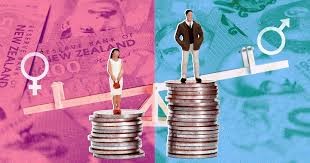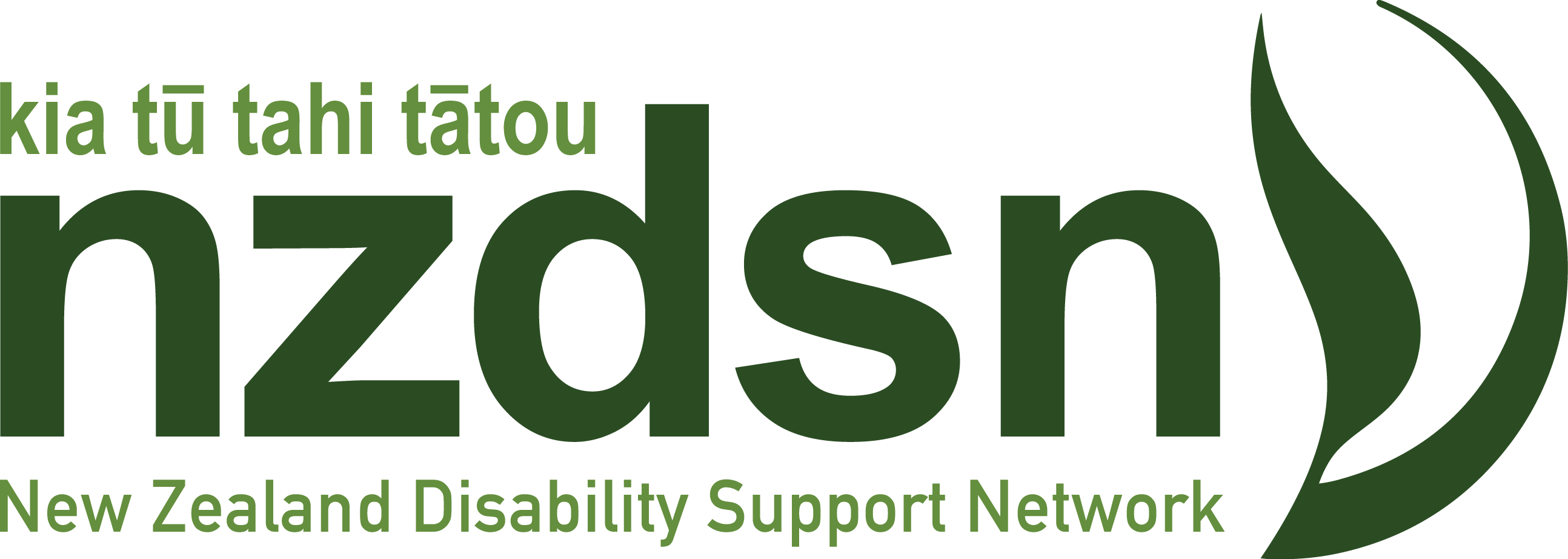Table of Contents

This section of the NZDSN website provides information for NZDSN members on pay equity and the two claims facing our sector:
- The Care and Support Workers Pay Equity Claim; and
- The Front-Line Managers and Supervisors Pay Equity Claim
Pay Equity Updates
Frequently Asked Questions
What Is Pay Equity
Pay Equity concerns gender-based pay discrimination. So, pay equity is where both male-dominated workforces and female-dominated workforces, both undertaking work of similar value, are paid at the same level. Pay inequity is where one of these workforces, usually a female-dominated one, is paid significantly less than a male-dominated one.
The History Of Pay Equity In The Disability Sector
Kristine Bartlett Claim and Court Case
Around 60,000 care and support workers are employed in New Zealand, undertaking a range of roles including supporting people with disabilities, helping people as they recover from injuries, working in a range of residential settings, and assisting people in their homes and communities.
This group of workers is over 90 percent women, and it has long been accepted that they are underpaid due to the historic undervaluation of women’s work.
Unions took legal action and the New Zealand Supreme Court determined that the care workers’ low wages and poor work conditions were indeed the result of persistent gender discrimination.
In 2017, in order to head off further legal action, the Government passed the Support Workers (Pay Equity) Settlements Act, following agreements with unions and employers of care and support workers.
Change to the Equal Pay Act
Following the Bartlett Court Case, the Government set about amending the Equal Pay Act by introducing a comprehensive section on Pay Equity, including detail on how to make a Pay Equity Claim under the Act, the role of Government, Employers, Unions and Workers.
A Pay Equity Claim can be lodged by one or more unions or by individuals and must be lodged with one or more employers. The Act details different processes in each case.
| Important Note #1: In terms of Pay Equity, the Equal Pay Act replaces the previous way Pay Equity Claims had to go through the Courts. It is quite different from the 2017 process. |
Pay Equity Claims in the Government-Funded Sector
In sectors that are reliant on government funding, there is a separate set of rules, called the Government Funded Sector Pay Equity Guidelines, that sets out the role of government funding agencies, their relationship with the employers and unions, and where they fit in to the overall process.
| Important Note #2: Once a claim has been lodged by one or more unions with one or more employers, it becomes largely the employer’s job to manage and progress the claim through its various milestones. The time commitment is considerable. |
On 15 September 2022 six employers across the home and community, disability, mental health and addictions sectors received pay equity claims under the Equal Pay Act 1972 from unions E tū and the Public Service Association. Shortly thereafter the unions increased the numbers of employers from six to nine to ensure sufficient coverage of workers required under the Act.
The FLM claim has achieved Milestone 1, agreeing arguability, but has made little more progress than that at this stage.
Pay Equity Meetings
2023
- NZDSN New CSW Pay Equity Claim Recording of the Meeting Held on 27th November 2023. (27th November 2023) YouTube Video
2022
- Pay Equity Update 14-07-2022 Video Recording
- Pay Equity Update 08-06-2022 Video Recording
- Pay Equity Update 14-04-2022 Video Recording
- Pay Equity Update 14-04-2022 Audio Recording
- Pay Equity for SW’s Employer Representation Mandate Proposal Presentation in PDF (21st March 2022)
- Pay Equity for SW’s Employer Representation Mandate Proposal for Members Zoom Meeting Video (21st March 2022)
- Pay Equity for SW’s Employer Representation Mandate Proposal for Members Zoom Meeting Presentation Only Audio which starts from 9.4 Minutes. (21st March 2022)


